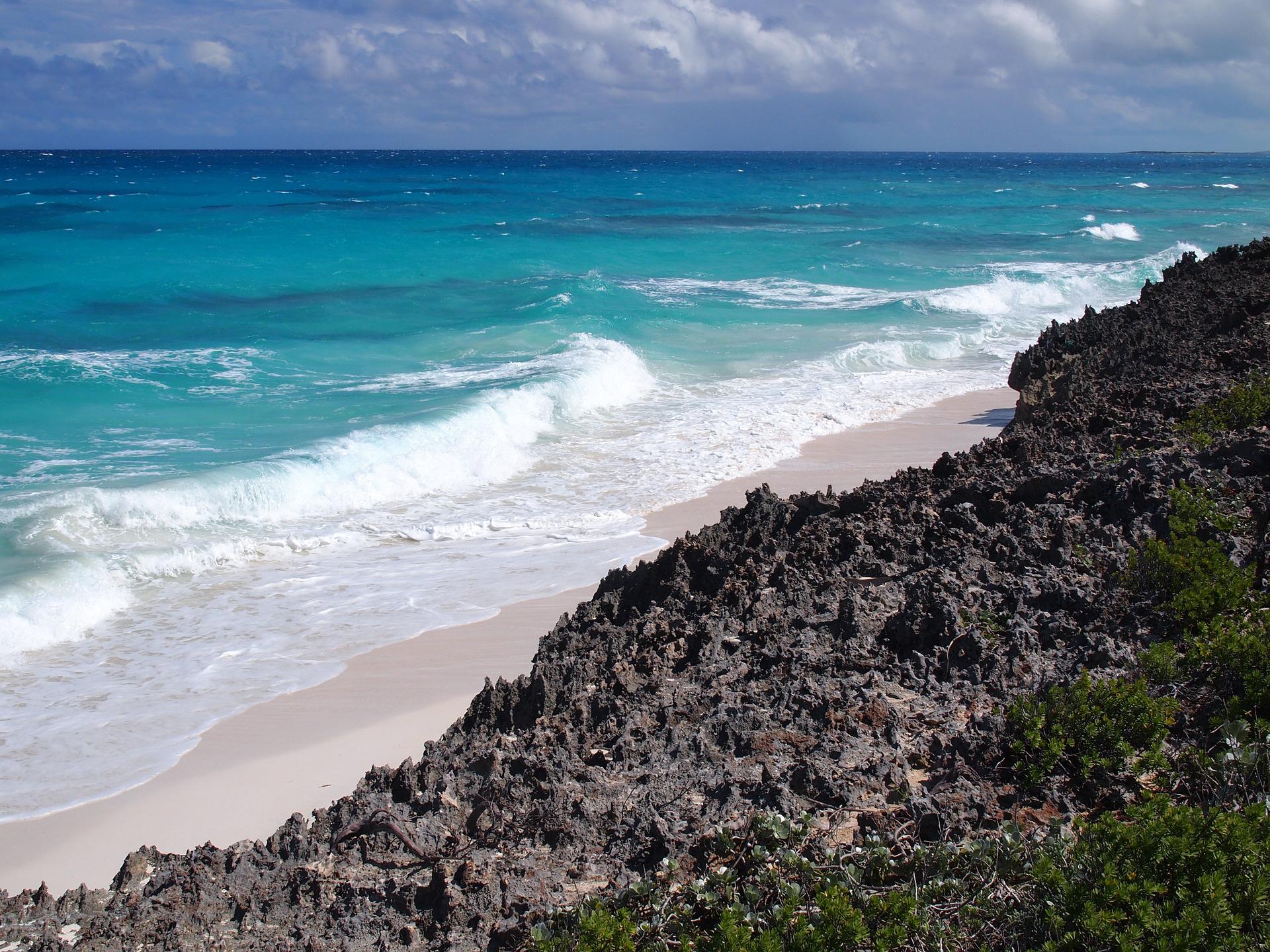Apply now to join our next cohort of Community Science Fellows and Community Leads!

Image courtesy of Pixabay
This project seeks to produce a global impact study on the effects of a proposed 5,000-acre strip mine in the Caribbean. This impact study will be presented to the political leadership to inform decision-making on the proposed mine moving forward.
The Project
Through AGU’s Thriving Earth Exchange program, the community will work with scientists to engage in community science and produce a global impact report on the proposed limestone mine. Our partnering scientists will work with the community to (1) model the hydrological and geochemical impacts of the proposed mining activity; (2) use the models to predict the impacts of the mine on native lifeways and health, as well as local, regional, and global marine life; (3) produce a global impact report on potential impacts of the mine as determined by the research; and (4) present the report and additional concerns, along with the community and outside organizations, to other organizations and influential figures to apply outside pressure to mining interests. Additionally, our project partners will work with community leaders to educate and engage with local communities on natural resources and extraction.
Key stakeholders and audiences in this project include native residents, tourists, the political leadership, the mining company and global environmental organizations.
The primary output of this project will be the global impact report produced by the scientists and community to gather outside interests to apply pressure to mining interests. The community will be actively involved in and educated on the scientific process and findings of the impact study. Additional outputs throughout the duration of the project will include press releases, opportunities for the community to engage with scientists and policymakers, and media coverage as coordinated by the community, while being sure to respect community wishes related to confidentiality of information.
Upon completion of the project, the community will have support from renowned scientists, global organizations, and public audiences, that will join them in applying pressure to mining interests with respect to the proposed limestone mine. It is a goal of this project that new channels of communication and opportunities for larger discussions with outside organizations and mining interests will open and allow for more effective communication of concerns surrounding the mine. The project will inform the mining companies and investors on detrimental impacts of the proposed mining activities and hopefully result in reconsideration of the proposal as it stands toward the development of safer practices. The science will not only be communicated with the community, but our scientists will also work with the community and allow them to participate, see the process, and empower them to learn and speak out knowing they have support.
Given these outcomes, we will build lasting relationships and support between our project scientists, global audiences, environmental organizations, and native community members. As active participants in the scientific process, native will have the ability to conduct scientific inquiry, network with scientists, establish lasting relationships with allies, and feel empowered to protect and better their community. Project scientists will gain more experience working with communities to inform their practices and develop their skills in community engagement for future projects and contribute to the normalization of such practices in the sciences altogether.
Timeline and Milestones
Project Duration
Project Start
Key Dates and Milestones

Sophie Huss holds a B.S. in geology and anthropology from the University of Toledo where she focused on near-surface geophysics and archaeology. She is currently a PhD student at Michigan State University where she will be conducting community based participatory research on how to achieve ethical communication and practice between stakeholders involved in extraction industries. She volunteers with Citizens’ Climate Lobby, the Climate Reality Project, and Boy Scouts of America, and has worked in environmental education with the Lake Erie Center and Metroparks Toledo. Her work with public audiences and stakeholders led her to pursue a career centered around community engagement and environmental policy. Sophia has experience working in Tribal spaces and hopes to continue working with Indigenous communities to achieve ethical and effective environmental practices that contribute to climate solutions, equity and inclusion in STEM, and a better quality of life for fenceline communities.
Desired Skills and Qualifications (varies depending on the position)
Thriving Earth Exchange asks all scientific partners to work with the community to help define project with concrete local impact to which they can contribute as pro-bono volunteers and collaborators. This work can also position the scientists and communities to seek additional funding, together, for the next stage.
Interested in volunteering as a scientist? Apply now
(c) 2025 Thriving Earth Exchange